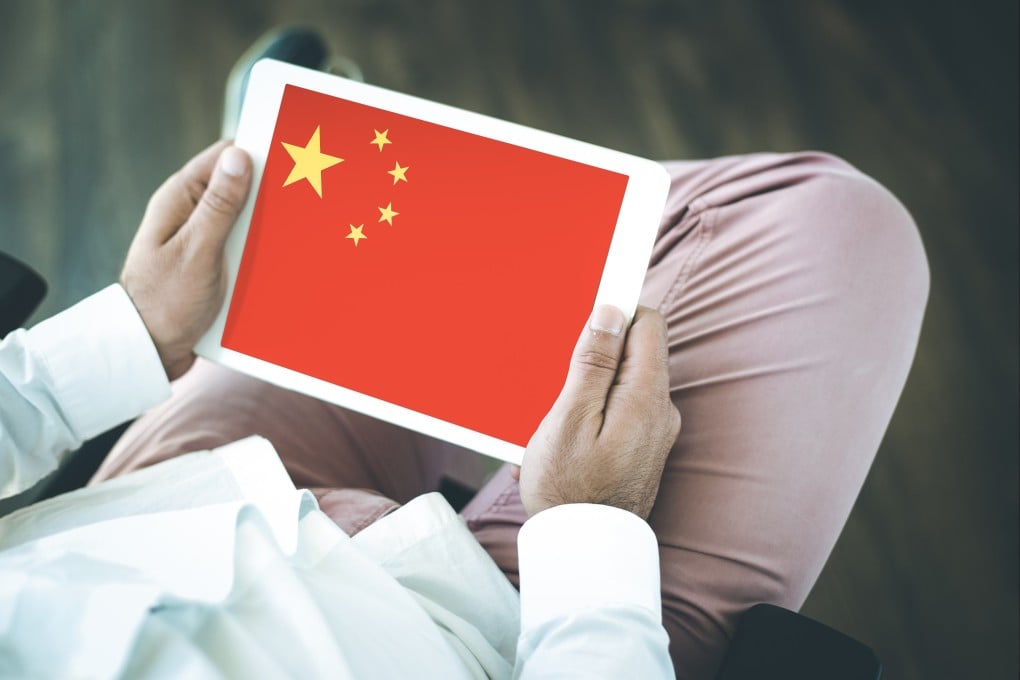China targets foreign and ‘unauthorised’ media in extended crackdown
- Campaign to continue this year, with those who ‘illegally conduct activities in the mainland in the name of foreign media’ to be punished
- News outlets that release ‘fake news’, engage in illegal activities or that are operating unregistered will be shut down, according to Xinhua

Beijing will extend a crackdown on journalists and news outlets operating unregistered on the Chinese mainland, its latest effort to “clean up” online content and unsanctioned information.
The campaign – which began in 2022 and whose targets include overseas media and “unauthorised internet media” – has “made new progress” and the Central Propaganda Department will continue with it this year, state news agency Xinhua reported on Wednesday.
China has an extensive and sophisticated system in place to control online information, and the government has also imposed strict licensing requirements for reporting and broadcasting.
Media outlets will be under scrutiny and those that publish “fake news”, engage in illegal activities or that were established without authorisation will be shut down.
Overseas outlets will be a focus of the campaign, and according to Xinhua, “organisations and media personnel that illegally conduct activities in the mainland in the name of foreign media” will be punished.
“In the past year, we have punished … commercial websites, internet organisations and public accounts that illegally reported news, cleaned up fake media, and punished organisations and media personnel that published news for profit,” the report said.
